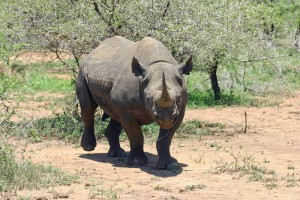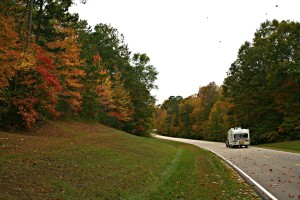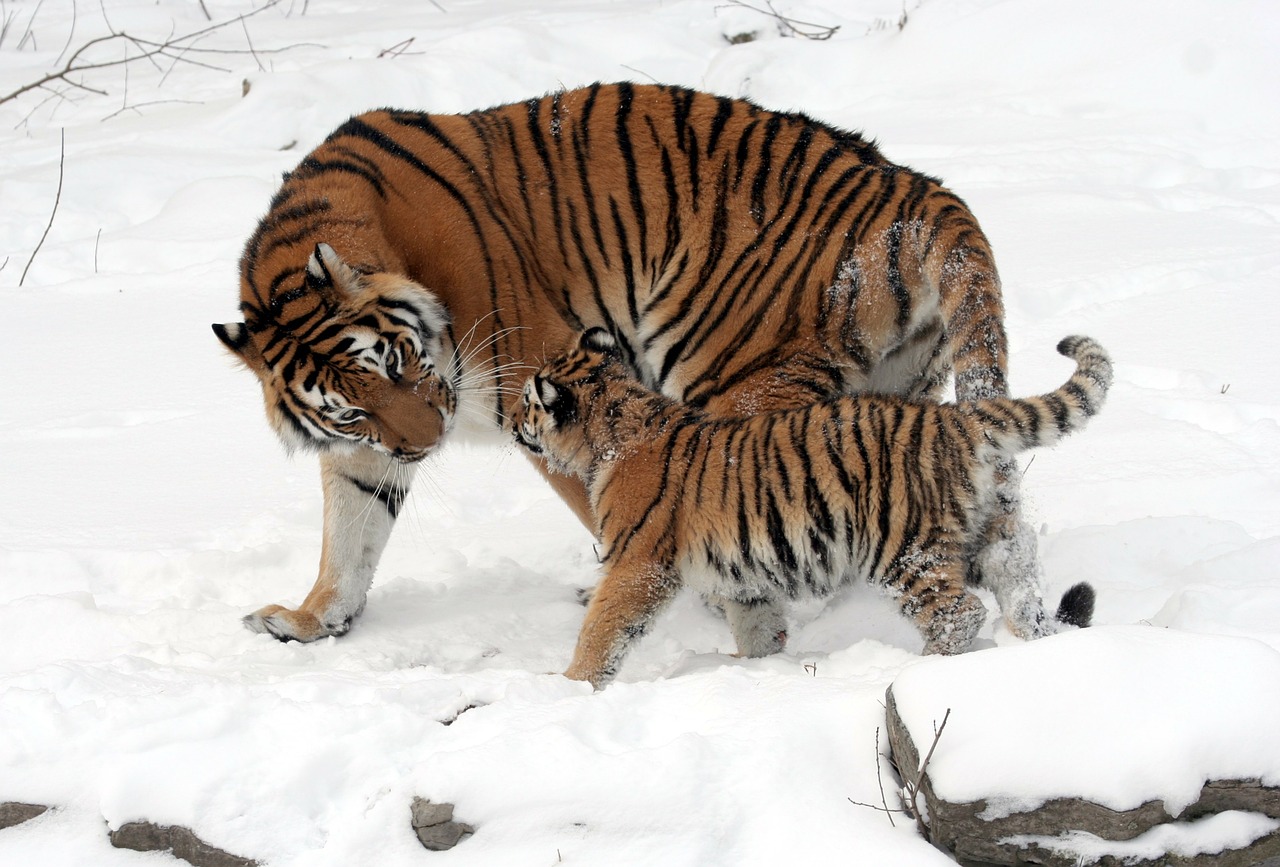The planet that we are living in existed long before any human set a foot on it. A complex ecosystem developed over millions of years, evolving and perfecting ecological balance year after year. The earth as we know it, has nurtured life for millions of years, may be facing a threat today.
We live in a time when human civilization has reached to a peak. We are witnessing an era of human civilization where science and technology has given us a whole new understanding of nature. We have come to realize that it is very important that we preserve the natural ecosystems ti sustain our own existence.
Need for biodiversity
On this planet, we need to have a variety of life forms to interact with each other. In order for the ecosystem to function properly, each and every species in the ecosystem must function properly without human interference. Everything we do has an ecological footprint and has far reaching consequences on the natural biodiversity and ecosystem.
Every plant, animal and even microorganism has a role to play. For example, green plants are the only living things on the planet that can convert sun’s energy into food through their photosynthesis process. Global economy and our food, directly or indirectly depend on biological resources.
“At least 40 percent of the world’s economy and 80 per cent of the needs of the poor are derived from biological resources. In addition, the richer the diversity of life, the greater the opportunity for medical discoveries, economic development, and adaptive responses to such new challenges as climate change.” — The Convention about Life on Earth,
Habitat destruction – What are the consequences?
 Habitat destruction happens when the ecosystem is disturbed or lost and the biological beings in the ecosystem can no longer function or live their normal lives. For example, when we cut down trees to build roads, swamps are drained and filled to build parking lots; biological beings in that ecosystem can lose their habitat.
Habitat destruction happens when the ecosystem is disturbed or lost and the biological beings in the ecosystem can no longer function or live their normal lives. For example, when we cut down trees to build roads, swamps are drained and filled to build parking lots; biological beings in that ecosystem can lose their habitat.
You can imagine that when animals lose their homes, they are forced to move and find new homes. Many of the species decrease in numbers and some of them even become extinct. It’s the largest single cause of loss of biodiversity around the globe.
Using natural resources and wild areas for our homes, farms, industries, roads, and other urban developments – even our hydroelectric projects – can reduce or destroy natural habitats. On top of that, pollution from our activities also disturbs and destroys the ecosystem.
Without a strong plan to create terrestrial and marine protected areas important ecological habitats will continue to be lost. – WWF
Losing plants and animals in the future due to our unplanned activities would definitely affect our lives in terms of food availability and global economy.
Suburban development and road-building carve large sectors of land into fragments and wild lands can become less suitable for natural habitat even if it’s not directly put to use. The undeveloped parcels may become too small to support viable populations of species when separated or isolated by roads or building. It also reduces foraging ranges for animals, makes them overcrowded and makes it harder for them to defend themselves or find mates.
Conclusion
We have taken many of the services from Mother Nature for granted. We often don’t realize that we get a number of free stuff from our surroundings such as clean air, water, food, medication, and much more. Without them our existence wouldn’t have been possible.
There is no way we can replace all the things that Mother Nature has given us. Shouldn’t we return the favor too? It makes sense to move towards sustainability for our economic growth, development and for the future.
Please share your thoughts on this topic. Add your comments on this article on our Facebook Page. We are all are responsible for the world around us. Please help us spread awareness and share this article with your friends.
We’d also appreciate your comments on this article in comment box below. To get in touch with us, give us a call at 303-495-3705 or click here to book a meeting with us.
Source: Institute of Ecolonomics
Related articles and resources:
- The Importance Of Building And Maintaining Biodiversity Globally | Environmental Professionals Network
- 10 Species That You May Not See Any More | Institute of Ecolonomics
- 3 Facts about Endangered Species that Everyone Should Know | Institute of Ecolonomics
- WWF – Impact of habitat loss on species
- The Habitable Planet Unit 9 – Biodiversity Decline // Online Textbook




Having babies, obvusioly. But babies can grow up learning science, honesty, and energy efficiency (or, as currently, too often, not) and that is also a major underlying phenomenon.
Thanks for sharing your thoughts